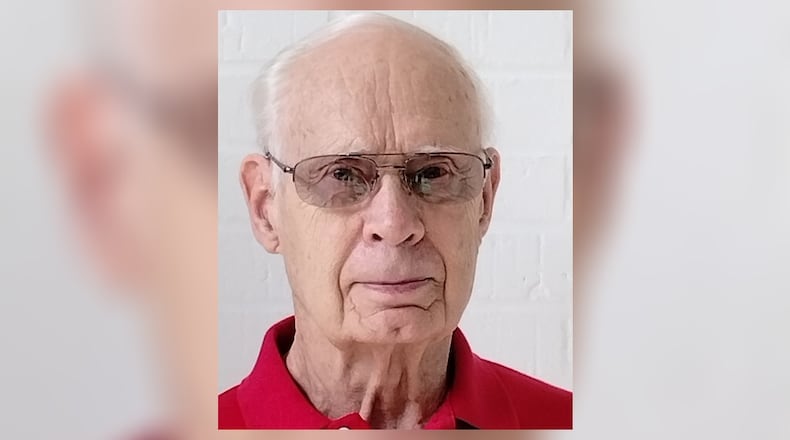For years, motor vehicle traffic deaths have been one of the leading contributors to unintentional injury deaths in the United States. According to Forbes, in 2020, there were 35,768 traffic fatalities in the country, with more than 1,100 reported in Ohio. The number of auto deaths is soaring again, with 2020 being the worst in 13 years, and further increasing through 2022, according to the National Highway Traffic Safety Administration.
My wife and I live and drive in the 725/741 area by the Dayton Mall, an area frustrating even to natives and confusing to those unfamiliar with it. Too many of us fight for a car length, cut and change lanes irresponsibly, and are overly-aggressive.
It’s hard enough to navigate the congested roadways in the best of conditions. A sane driver must continuously drive defensively, must be constantly alert for these aggressors, and, if the situation arises, yield to them without cursing. I repeatedly tell my granddaughters this — and have to frequently remind myself about the cursing part while they’re in the car with me.
Safety is even more important now with the I-75 construction; an extra layer of caution, more courtesy, and less aggression will get us all safely where we want to be.
Authorities are trying to reduce accidents in high-traffic and congested areas with infrastructure improvements such as roundabouts, restricted lanes, ramp designs, and eliminating dangerous curves. But we also need to remove from the road those who drive as if everyone else is an obstacle in a video game. We have to enforce reckless driving laws with severe penalties for the overly aggressive. We used to have helicopters keeping an eye on excessive speed, but that’s prohibitively expensive — and speed isn’t the primary problem, anyway.
Cities all over the world are thankfully coming up with strategies to reduce traffic fatalities. Perhaps judicious use of drone technology and cellphones could monitor and report some of the idiotic behavior that makes driving dangerous for all of us. European countries and Australia are using drones designed specifically for the purpose; they take videos, measure speed, and even capture license plates. This, in conjunction with passengers (definitely not drivers) using cellphones to report miscreants to a well-publicized number, could be a start.
It’s hard to legislate common courtesy; it’s not illegal to be a jerk or discourteous. But we can ourselves try to do better. We may even find it’s satisfying and a lot less stressful. It would be great if we could just somehow change our driving attitudes, to convince drivers that it’s in everyone’s best interest — and a lot less stressful for everyone — to drive responsibly and courteously, to be a bit more forgiving and understanding. My granddaughters will have a better chance to live long and prosper, and my wife and I can breathe easier — and longer.
David Shumway is a retired WPAFB engineer now enjoying writing and travel with his wife.
About the Author
